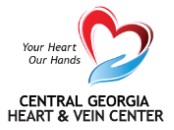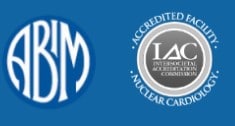What is A Transcatheter Aortic Valve Replacement (TAVR)?
Unlike open heart surgery procedures, a TAVR or transcatheter aortic valve replacement is a minimally invasive surgical procedure to repair a damaged heart valve. This procedure is also commonly known as a transcatheter aortic valve implantation or TAVI. Rather than opening the chest, a TAVR wedges a replacement valve into the aortic valve’s place.
How Does A TAVR or TAVI Work?
A transcatheter aortic valve replacement is similar to a stent placement rather than open heart surgery. During the procedure, a catheter is threaded to the aortic valve where a collapsed replacement valve is put into place. Once it’s in the right location, the new valve is expanded and pushes the damaged tissue out of the way.
Why Would A Cardiologist Choose This Over A Standard Valve Replacement?
This is a newer, FDA-approved procedure that is used for patients with aortic stenosis considered at a higher risk for a more invasive surgery. The risks and invasive measures of a standard valve replacement are minimized by this new approach.
Step By Step For A TAVR or TAVI
There are two approaches a cardiologist and surgeon may use for a transcatheter aortic valve replacement.
- A catheter is placed in the femoral artery near the groin and does not require chest incisions. The catheter is threaded to the valve.
- Alternatively, a small incision is created in the chest and a catheter is placed through a large artery and threaded to the aortic valve.
Once the catheter is in, the new valve is put into place and expanded. In order to prepare for this procedure, your doctor will provide you with a list of instructions including medication, eating, and rest time schedules. Most recovery times include 2-3 days in the hospital but patients tend to see a faster recovery with a TAVR rather than a standard valve replacement.
What Are The Risks?
The risks depend upon each patient’s medical history. Some possible risks include bleeding, blood vessel complications, problems with a replacement valve, arrhythmias, heart attack, and infection. Speak with a board certified, trained professional about your specific case. When compared to a standard valve replacement, the risks and healing time are lower.
Central Georgia Heart Center is one of the longest standing and most reputable cardiac clinics in Middle Georgia. We serve patients in central Georgia including Macon, Warner Robins, Milledgeville, Montezuma, Thomaston, Forsyth, Hawkinsville, and Dublin Georgia. See our full list of addresses and locations here.





